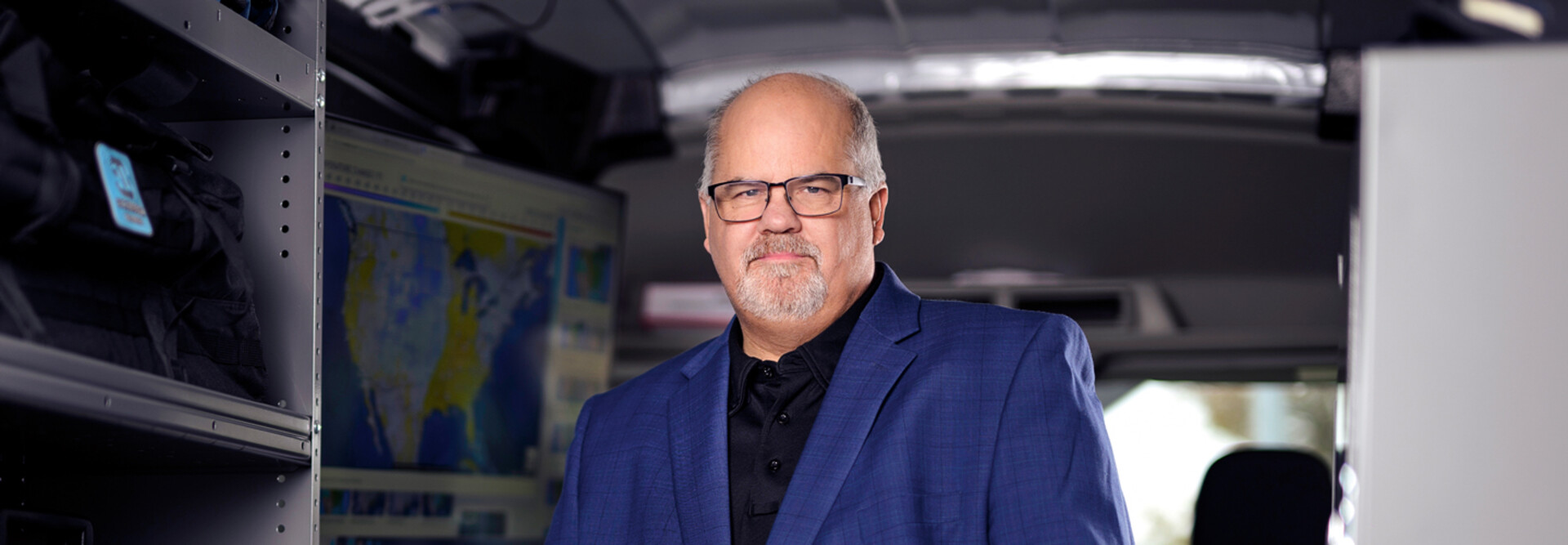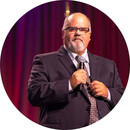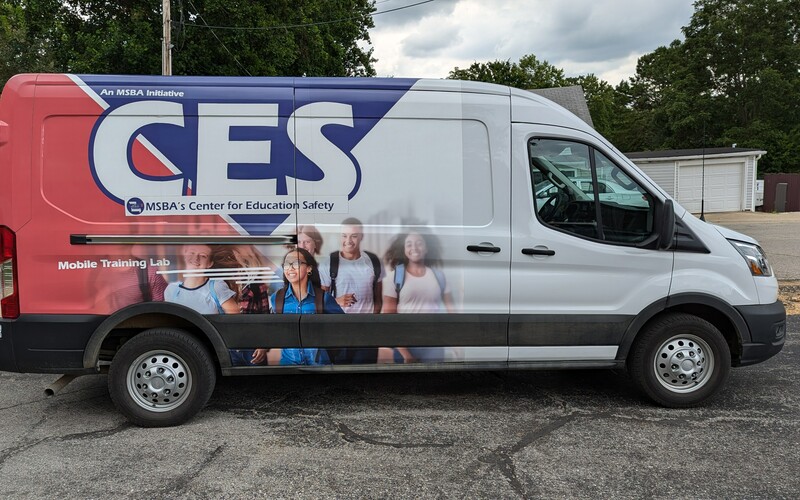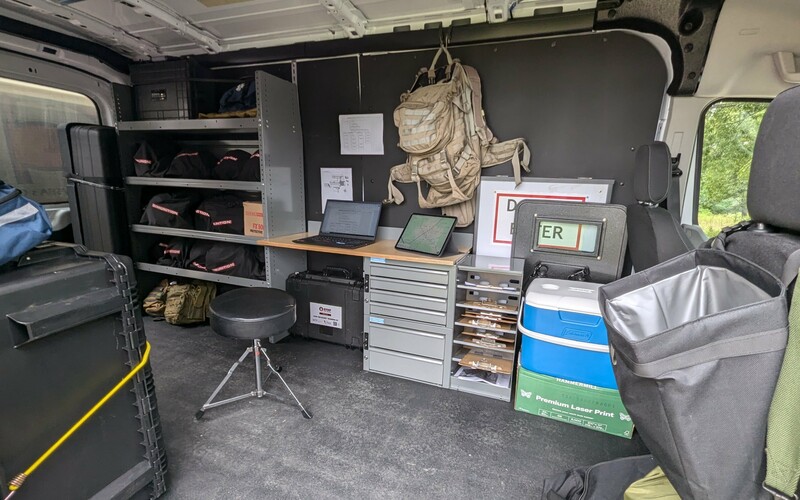EDTECH: What projects have you started in your role with MSBA’s Center for Education Safety?
MCDONALD: We’re building a full-size, first-of-its-kind school safety training center here in Missouri. It’s going to become the Advanced Center for School Safety, and we’re working with industry partners to bring in the very best technology.
Our training center has three components: an artificial intelligence and cyber command center, a threat management institute and a critical incident response training facility, all in the same building. It bridges technology and school safety, and the intersection of those two things is critical in how we understand the threats of today and the threats of tomorrow.
As we began building this training facility, I started thinking, it’s great, but not everybody can come to us. Not everybody can get away from their school district, so let’s go to them.
EDTECH: What does that look like? How can you bring safety training to school districts?
MCDONALD: The idea started as a mobile training lab, where we would add the technology and the tools necessary to go to the school and train them on any and all hazard situations, whether it’s a tornado, an active shooter or a fire. So, we purchased smoke machines that fill a building with smoke. We purchased an interactive simulator that we can bring out to a school, and it’s completely immersive. It has more than 1,200 scenarios.
That opportunity provides us the ability to train schools anywhere in the state — from our smallest rural schools to our largest urban districts — and our team is out everywhere, every day. We’re based all over the state.
LEARN MORE: Build connectivity in rural communities.
If we invite a school district to our training center, I may get three or four people up there. But if I go to their school, I’ve got an audience of 150 to 300 employees, and that’s really exciting for us because now we’re making a bigger impact.
EDTECH: How have the mobile training units evolved? How do they help schools in a crisis?
MCDONALD: Today, we have the opportunity to use the vehicles for training or responding to a critical incident.
A lot of times when a critical incident happens, infrastructure crashes. Schools don’t have access to the internet. Schools don’t have access to phone systems because Wi-Fi or networks go down. Our vans are outfitted with the Starlink satellite system. Having access to that when there’s no internet in a rural area is huge. We can take that anywhere we go and provide people technological support. Sometimes, we need to see what the local media is saying, or we need to watch the weather because we have storms coming in. Maybe we’ve already been hit by a tornado.
It's an opportunity to really work with the school to prepare for any number of crisis events. On our worst days, we have to be excellent. We can’t just be good anymore. We have to be excellent.














